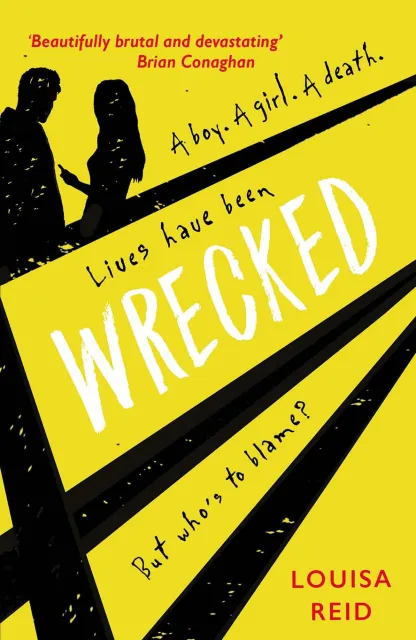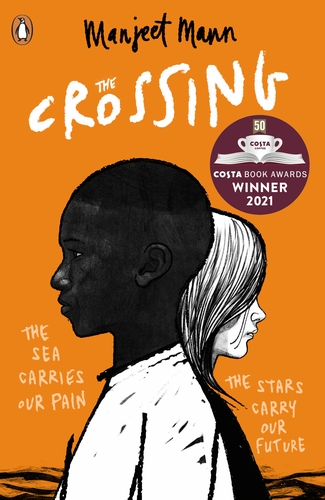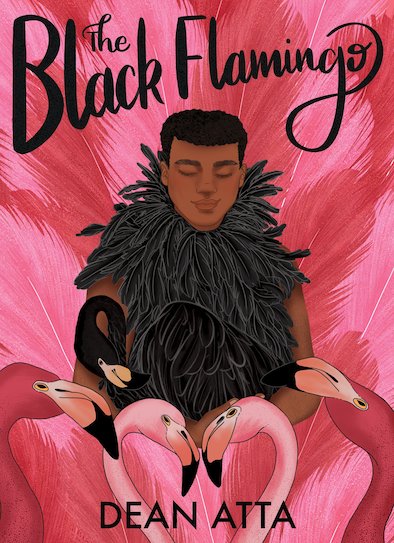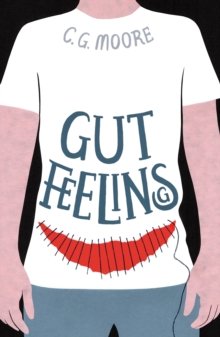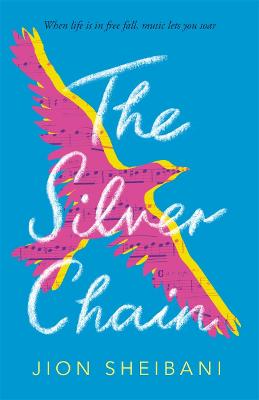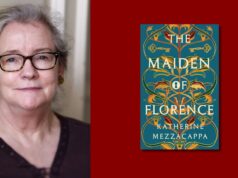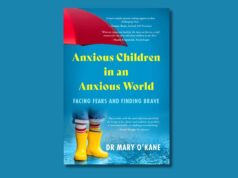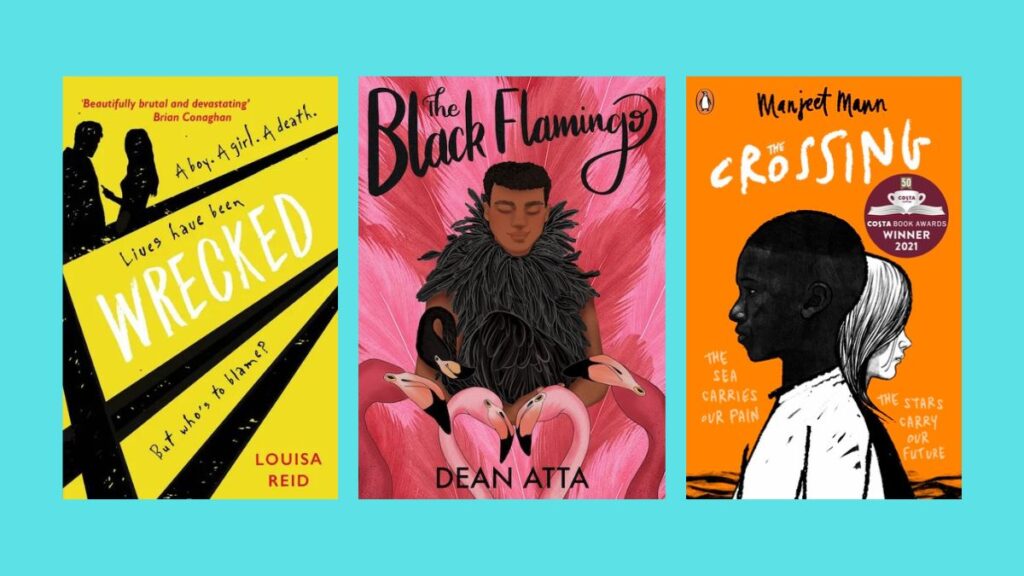
The dazzling world of verse novels for young readers
“Validating the young reader’s perspective is a gift I believe verse novels excel at…’
—Ruth Ennis takes us through the bright, bold and beautiful world of verse novels for young readers
by Ruth Ennis
There’s a common misconception that poetry and verse is an inaccessible form of literature— that it’s only for the elite and literary to properly appreciate.
It’s understandable how readers can feel somewhat insecure when reading poetry; they’re often introduced to it in a formalised academic setting where they’re expected to identify motifs, terminology, themes.
It can be difficult to deconstruct that mentality and begin to appreciate verse as an alternative, but valid form, of storytelling.
Verse novels
Verse novels are similar to novels written in prose. They still have a plot, with a beginning, middle, and end. They still have protagonists and themes and emotional cores. But instead of scenes being composed of paragraphs, they are made of poems.
A significant cause for a young person to become a reluctant reader can be due to their confidence in their reading ability.
A lot of dense text can be daunting to tackle, no matter how intriguing the story is.
This is why I often encourage hesitant readers to try verse novels. The text is sparse and the reading time can be shorter. Being able to complete a book at all is an ideal way to build reading confidence, and verse lends itself to this objective wonderfully.
Agency
There is also great sense of agency to be found in reading verse. You might have heard in your early poetry classes that “you can interpret poetry any way you want, there’s no wrong answer.” This is even truer for verse novels.
There will always be the poet’s intent, but the best verse novels will allow the reader space and invite them to provide their own understanding and meaning of what is being said (and not said) in the text.
Giving a young person the opportunity to form their own ideas and interpretations can be so empowering and, again, really lends to the culture of confidence building as a reader. Validating the young reader’s perspective is a gift that I believe verse novels excel at.
Spanning genres
Plenty of verse novels are suited for a teenage and young adult audience, though there are also some excellent books for younger readers also. They span across all genres: mystery, romance, supernatural, contemporary, and more.
While verse novels often focus on (and execute adroitly) emotionally driven storytelling, they intertwine this expertly with fast-paced and engaging plots.
Wrecked, by Louisa Reid
Wrecked by Louisa Reid (Guppy Books 15yrs+) follows young adults Joe and Imogen, the seemingly perfect couple.
After they are involved in a car accident, they struggle through a tense court case that gradually reveals secrets of the events that night. This book, rather uniquely, presents the story through poems bleeding from one to another, often on the same page.
It creates an atmosphere of a narrative being told at break-neck speed, all whilst creating moments of introspection where we can see the doubt, fear, and inner conflicts of Joe. Rooted in a soft mystery and gradually uncompromising revelations, this book is a cleverly written and fresh take on teenage relationships.
The Crossing, by Manjeet Mann
The Crossing by Manjeet Mann (Penguin 12yrs+) is the sophomore title by Manjeet Mann. Written as a dual narrative between Natalie, a teenage girl in Dover with a complicated family life, and Sammy, a young boy who becomes a refugee as he flees from Eritrea to Europe, the story follows their lives as they collide.
This book is a masterclass in combining character voice, gripping plot, and emotive subject matter. The writing is filled with empathy for both Natalie’s and Sammy’s difficult circumstances with passionate expression throughout.
It expertly addresses topics of racism, poverty, and grief. Should any teachers be looking to introduce verse novels to your classroom, I cannot recommend this book enough.
One, by Sarah Crossan
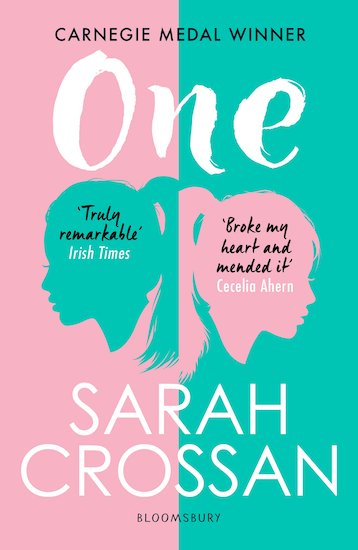
Verse novels excel at emotional narratives, articulating the inexpressible with select words and the weighted space between them. One of my favourite examples is One by Sarah Crossan (Bloomsbury 12yrs+).
This multi-award-winning novel follows conjoined twins Grace and Tippi during a series of life-changing events.
It is a breath-taking analysis of the sense of identity, complications of first loves, and the intricacies of sisterhood. The final act of the book demonstrates some of the best utilisation of the verse form I’ve read, cementing its place as crucially important tool of emotive portrayals.
Complex experiences
One of the most complex experiences addressed in writing is also one of the best explored by verse novels. Ideas and explorations of grief and loss can be common themes in verse novels, particularly in their use of the empty space.
What is unsaid between the text is an opportunity for the reader to insert themselves, their experiences, their beliefs, into the narrative, solidifying their investment to the text.
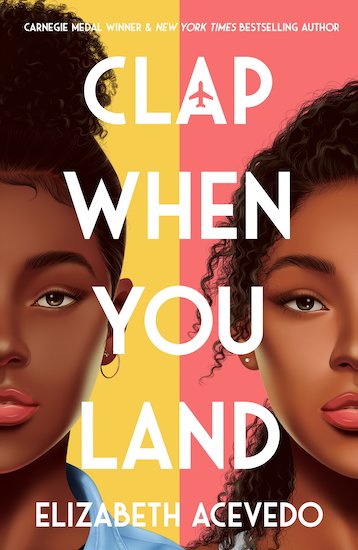
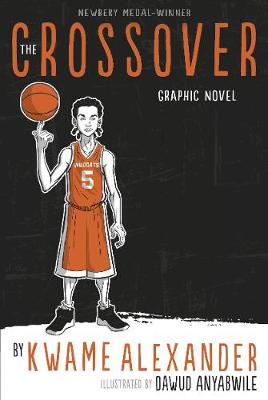
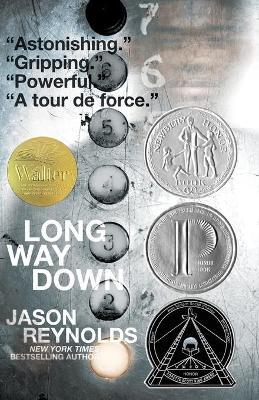
Verse novels about grief and loss
Clap When You Land by Elizabeth Acevedo (Hot Key Books 15yrs+), about two half-sisters – Camino and Yahaira – who meet for the first time following their death of their secretive father; The Crossover by Kwame Alexander (12yrs+) about twin brothers – Josh and Jordan – who share their love of basketball with their dad and each other until these ties are tested over a girl and also their dad’s health; The Long Way Down by Jason Reynolds (Athenium Books 15yrs+) and illustrated by Chris Priestley, about Will, whose brother Shawn was shot and killed, and Will is on his way to exact revenge, processing his grief and anger on the journey.
All three of these incredible books offer unique insights into loss and grief in a manner that prose would struggle to match and are absolute must-reads when being introduced to verse novels.
Creative design
An element of verse novels that is rising in popularity is the inclusion of illustrations / creative design and typography to accompany the poetry.
It’s a welcome trend; both illustrations and verse serve the objective of nuanced expression so it makes sense to pair them together. The Black Flamingo by Dean Atta (Hodder 15yrs+) is a stunningly produced book.
It follows Michael’s life from childhood up to his college years, marking milestones in his life as he explores his sexuality, growth in his relationships with friends and family, reflections on race and gender, and the discovery of drag.
The poetry is nothing short of excellent, with dynamic writing and a striking voice. The illustrations by Anshika Khullar range from effective black-out pages to gentle drawings scattered throughout, each a subtle inclusion to breathe life onto the pages.
Gut Feelings, by C.G. Moore
This impact can also be seen in Gut Feelings by C.G. Moore (Uclan Publishing 15yrs+)—a story about Chris and his diagnosis of Polyposis at the age of eleven-years-old, and living with chronic illness as a teenager.
The verse is often snappy and engaging, with unflinching insights to the hardships of illness.
Becky Chilcott’s design and illustrations are carefully selected and support the writing consistently, but the creative typography is what lights up the pages.
The Silver Chain, by Jion Sheibani,
A recently released book that has encapsulates all of the best elements of a great contemporary verse novel is The Silver Chain by Jion Sheibani (Hot Key Books 12yrs+).
Azadeh is a young violinist on a music scholarship at an expensive private school. She used music as an escape from her complicated friendships, and as a means to cope with her mum’s spiralling mental health.
The story is witty and heart-breaking in equal measure, with the verse being rhythmic and lyrical to match the musicality of the story. The illustrations, also done by Sheibani, are beautifully interwoven with the text, with some pages standing as works of art. An incredible book, it is absolutely worth reading time and time again.
Younger readers
While there are plenty of examples of verse novels for a teenage and young adult audience, there are also some amazing books suited for younger readers.
In the Key of Code by Aimee Lucido (Walker 9yrs+) is another fascinating exploration of musicality in verse novels, as twelve-year-old Emmy is caught between two worlds in her new school— wanting to be a talented musician like her parents, and feeling a draw towards a different tune in computer coding. A clever and fantastically executed debut, I look forward to reading more from this author.
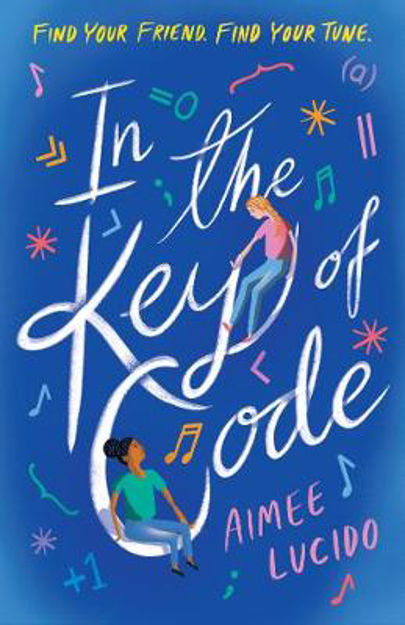
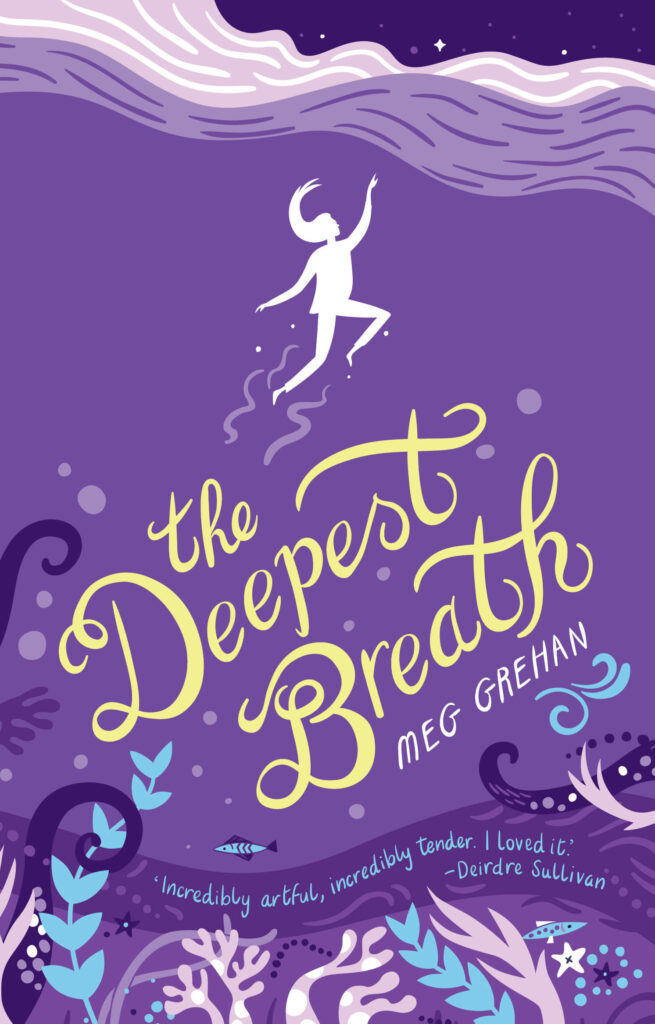
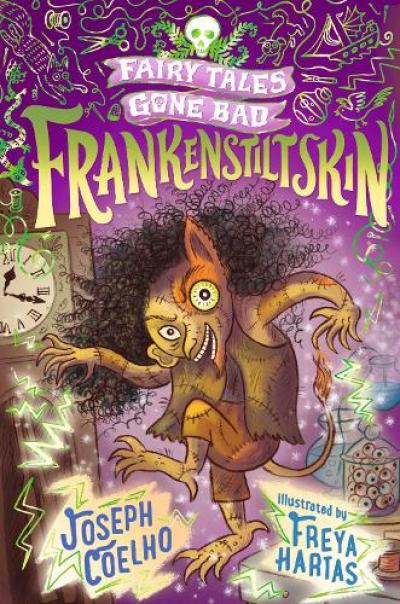
One of my favourites for younger readers is The Deepest Breath by Meg Grehan (Little Island 9yrs+), a beautiful story abut eleven-year-old Stevie who gets a “fizzy feeling” when she thinks about a girl in her class.
A gentle story about Stevie understanding herself and finding refuge in a library, it is an incredibly touching book that demonstrates stories of all sizes deserve the space they take up.
Lastly, for the newly independent readers, Frankenstiltskin by Joseph Coelho (7yrs+) and illustrated by Freya Hartas is a fun retelling of the Rumpelstiltskin fairy-tale with a gruesome twist.
Bryony is a talented taxidermist, but after some accidental boasting and slight exaggeration from her dad, she is challenged with bringing the king’s dead animals back to life. The combination of sharp rhymes and charming illustrations makes for a great first verse novel.
A wonderful form
One of the best aspects of verse novels is the chance to read the stories again and again, finding new meaning and nuance in the words that you might not have spotted previously.
There is always something new to be found in a reread of a verse novel, whether it is in between the words to be found, or you bring something new to it as a reader.
Verse novels are a wonderful form of literature and seeing such stories increase and thrive in children’s literature is a lovely thing to see. Next time you’re looking for a unique children’s book, it would be well worth your time to consider a verse novel.

Ruth Ennis is a children’s literature writer based in Kildare. Her writing has been included in several publications and she was awarded an Arts Council Literature Bursary in 2021 and an Agility Award in 2022.








